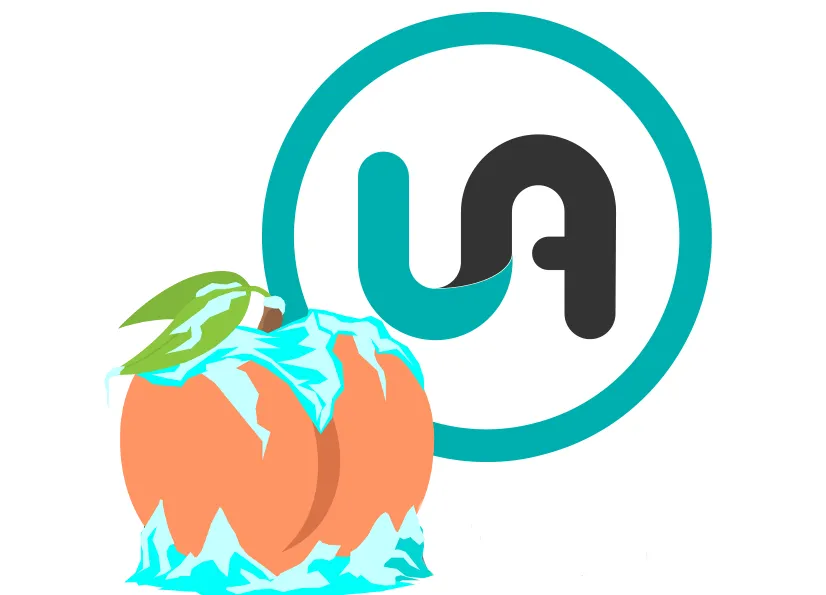My first impressions regarding @steem-ua are rather mixed. On the one hand, the existing reputation system is horribly broken. Utterly destroyed by bid bots, orca/whale self-votes, and other false-curation leverage tools. So yes, we really need a better reputation system. On the other hand, though, UA also comes with its own false curation, potentially making the underlying problem, stuff getting upvoted without an actual user looking at it, increasing the legacy reputation of the creator unduly, even bigger.
So why exactly is a broken reputation system a problem? Well, the reputation system mainly serves a purpose in allowing for self-regulation on the platform. If I rent a shitload of SP, post crap-posts twenty times a day using some silly script and then upvote each of my own posts, I'm abusing the system and someone with a higher rep than me could (and should) attenuate my growth by flagging my posts. There are two parts to getting flagged. First, obviously, there is the downvote part of the flag. This does some direct monetary damage in reducing payout. Secondly, though there is damage to the reputation. Get flagged enough and your rep will go down so low that you become invisible. Abusers becoming invisible is an important part of the rep system. A part, though, that gets broken if we see how false-curation votes influence the ability to get flagged. Today the rep system is more of a reflection of the use of false curation than it is of actual reputation amongst steemit users. Bid bots and self-upvotes done with rented SP will boost your rep and in doing so will make you untouchable. A flag by someone who doesn't use bid bots or high powered self-upvotes is unlikely to have any effect as the false curation user will in most cases have the higher rep. That is, in a sense the legacy reputation system is inverted. The abuser who got by his rep through the use of bid bots and self-upvotes can (and will) retaliate flags by #nobidbot and #purecuration steemit users and because (s)he has a higher rep these retaliations will cut into the rep of the upstanding steemians. Even is the upstanding steemians have a higher rep, (s)he will know that the abuser will likely soon buy him/her-self enough rep to retaliate.
Ideally a new hardfork would :
- Use a witness agreed list of false curation bots who's upvotes don't contribute to reputation.
- Make self-upvotes and upvotes by related (proxy/recovery links) accounts not count towards reputation.
- Do a full history reputation rollback on the entire blockchain
That way our abuser would be stuck close to 25 and upstanding steemians coold flag the abuser furhter down.
So given this, is it enough to have a better (out of band) reputation system? Well, I would argue that if this reputation system is used for yet more false curation, then no. There is I think another possibility though where UA could attenuate and possibly cure one of the worst consequences of the broken reputation system.
To get to my proposal, we need to look at a brilliant initiative by @r0nd0n, the @freezepeach service. The @freezepeach service allows those who are wrongly flagged to ask the service for a matching upvote to cancel or attenuate the damage by the flag. While @freezepeach isn't a highly powered account, even at its current strength it serves an important purpose. A service that serves only part of the flag/rep problem, but one that solves an important part.
Now let's focus on flagging and flag wars and see how UA could be changed to help there in a way that would reduce the false curation the UA service does itself.
My proposal is the following:
- Make a semi-automated UA based @freezepeach bot. If a low UA account flags a high UA account, the flag gets queued for review.
- Have @r0nd0n and his people moderate the flag queue. If they mark the flag, the UA service tries to cancel or attenuate the flag.
- Give @freezepeach the voting strength of the UA service to use when needed.
- Replace the algorithmic curation with an algorithmic vote follow. That is, don't upvote posts of delegators based on the UA of the delegator, upvote posts upvoted by and downvote posts downvoted by the delegators based on the delegator's UA score instead.
I think making these changes would both take away the problem with the use of algorithmic curation and be a major step in attenuating the problems caused by the legacy reputation system.
